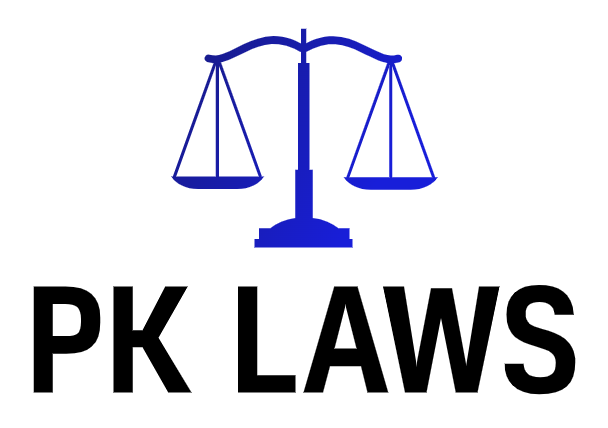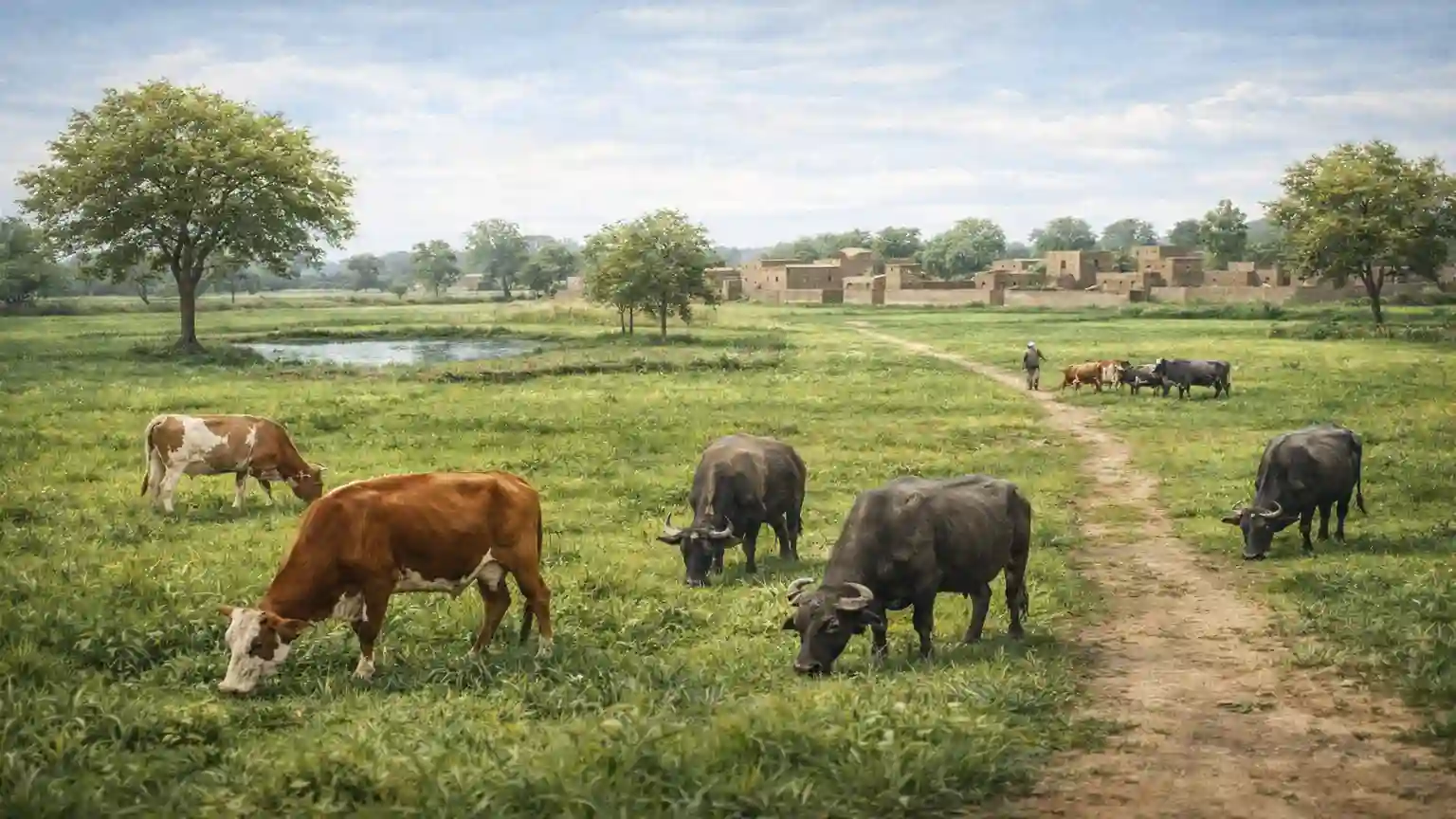Definition of Shamilat Deh
Shamilat Deh has been defined as a tract of huge land, collectively owned by the village owners over which they would have a right either to reclaim it themselves or allow others also to do so. The original owners were called as “Ala Maliks” and others who had reclaimed the same with their consent were called “Adna Maliks”.
The Ala Maliks had right to bring further Shamlat waste land under cultivation by digging wells or adopting some other means. In certain cases even Adna Maliks would have right to expand the area of their ownership by recalling “Shamilat “. However, an Adna Malik could not allow stranger to bring the Shamlat under cultivation. Persons who had reclaimed land as Adna Maliks as well as those who had been transferred rights only to a piece of land (without the right to Shamlat lands) were called “Malik Qabza”.
Syed Azhar Hussain Shah V. Member Board of Revenue Khyber Pakhtunkhwa Province Peshawar (2016 YLR 1489)
Munir Hussain V Additional Deputy Commissioner (1985 CLC 1857)

Wajib ul Arz
It is prepared at the time of settlement by a public servant. Statutory presumption of correctness is attached to it. It describes rights and liabilities of villagers inter-se about rights of grazing and use or enjoyment of proceeds of Shamilat deh etc.
Safdar Hussain V Muhammad Azam Khan (PLD 2009 Lahore 347)
1990 MLD 223
1994 CLC 1419
1997 CLC 423
PLD 1949 Lahore 481
2003 SCMR 1857
PLD 2005 SC 418
PLD 1954 Lahore 356
Property in Shamilat or Village common land
Unless the Shamilat land was partitioned by metes and bounds by revenue authorities , no specific share can be declared to be in possession of any owner. Whenever such property would be divided, it will be divided in accordance with ancestral shares of the proprietors among them only . All other residents of the village , occupants or tenant at will or even the owner who acquired ownership right as Malik Qabza would not be entitled to any share in the common property of village.
Noor Ahmad V. Bashir Ahmad (2019 CLC 1291)
Qudrat Ali V. Government of N.W.F.P (1993 SCMR 381)
Possession in Shamilat Deh
Persons recorded in proprietary body of village would be entitled to Shamilat Deh land only to the extent of their respective proprietary holding in village. Exclusive possession by any such person can only be claimed by partition of the entire property and not otherwise.
Firdos Khan V. Zain Muhammad (2011 MLD 521)
Transfer of land of Shamilat Deh
Benefit of section 53-A of Transfer of Property Act, 1882 cannot be extended to a party in respect of unpartitioned Shamilat Deh. A share in village common property cannot be transferred without permission of the concerned revenue authority because the possession of a share can be regulated only through partition by metes and bounds. Shamalat property cannot be alienated by agreement to sell, affidavit, or a compromise deed, nor even a declaration can be made by civil court in respect of an owner of a share in Shamlat deh because the transfer through affidavit cannot be considered as sale deed. Courts should avoid to grant a declaration in respect of possession of crown land and Shamlat without first determining the title of the owner to transfer and the exclusive possession.
Khalid Hussain V Haji Muhammad Rafique (2008 CLC 1737)
Suit relating to Shamlat Deh
In suit in which some of the co-owners of Shamilat Deh were impleaded and the appellate court being vigilant of the fact had passed the order that the land would not be occupied exclusively nor would the parties use it for there own benefit without express consent and permission of other co-owners.
Aurangzeb Jahangiri V. Tehsil Municipal Administration Mansehra (2023 CLC 320)
Khanan v. Feteh Sher (1993 SCMR 1578)
Right in Shamilat or Common Land
If the common property or Shamalat deh was to be divided then such right went to the proprietary body of the village. If the property sought to be divided was State land then Provincial Government had the authority to allot the same. Plaintiff of suit could only be considered as Malik Qabza and in his capacity he was limited owner to the extent of his private properties. Malik Qabza means who has been transferred rights only to a piece of land without the right to a Shamalat.
Jumla Bashindgan Deen V. Muhammad Hussain (2023 MLD 1204)
Right of use of common land
Shamilat deh land belongs to occupants of village and municipal committee has no right to use the same except for the purposes for which it is reserved.
MUNICIPAL COMMITTEE CHAKWAL V Ch. Fateh Khan (2006 SCMR 688)
Amina Begum V Ghulam Dastagir (PLD 1978 SC 220)
Right of villagers of adjoining village to cut wood and grass lies on rule that “so long as they do not forbid us, we also will not forbid them”
Nadir Khan and others V. Naimat Ullah Khan and others (PLD 1961 Peshawar 131)
Syed Galun Shah V. Nawab Ali (AIR 1934 Pesh. 96)
Site of dried up water channel cannot be used by one co-sharer by exclusion of others
Abdul Ghafor Khan V Hazrat Gul (PLD 1954 Pesh. 80)
ALSO READ: Lal Lakeer & Abadi Deh

